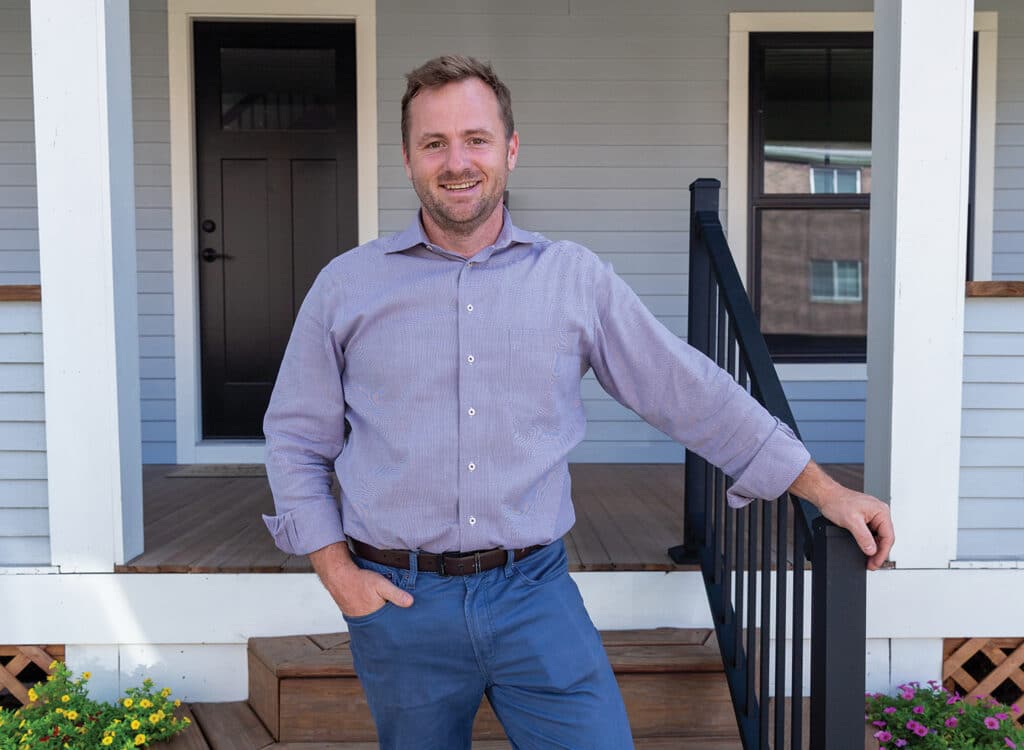NOTEBOOK: Mental health parity an elusive goal in Iowa and nationally

JOE GARDYASZ Dec 24, 2019 | 5:04 pm
2 min read time
470 wordsBusiness Record Insider, The Insider NotebookMental health advocates in Iowa are hopeful that legislators will take up bills in the upcoming general session to advance parity in insurance coverage for mental health treatment.
According to a recent report published by risk management and health consulting firm Milliman, Iowa is among the worst states for parity in mental health insurance coverage.
Iowa was one of 11 states where insurance payments to providers for mental health services were more than 50% lower than payments for primary care visits. For instance, 7.1% of Iowa patients had to use higher-cost out-of-network services to access outpatient mental health facilities in 2017, compared with 3% for a medical/surgical visit.
Nationally, mental health parity actually went backward between 2013 and 2017, Milliman found. Overall, disparities in out-of-network utilization rates for mental health services as well as disparities in provider reimbursement rates have increased during that period. Additionally, the portion of overall spending for mental health care — 2.4% — has remained at that same percentage despite the high need.
The report is disheartening to advocates because it’s been more than a decade since Congress passed the Mental Health Parity and Addiction Equity Act of 2008, which requires behavioral health care benefits to be treated at parity with medical/surgical benefits. The study found, however, that primary care office visit reimbursement rates nationally were on average nearly 24% higher than rates for behavioral health office visits.
Inadequate reimbursement rates are a leading cause of the shortage of mental health providers in Iowa, said Teresa Bomhoff, chair of the Iowa Mental Health Planning Council and a board member of NAMI Greater Des Moines. NAMI Iowa has floated its version of a model parity bill, which has been enacted in other states, for Iowa legislators to consider.
“Hopefully legislators will care enough that insurance companies are paying the same whether it’s primary care or mental health,” Bomhoff said. “Medicaid is having trouble maintaining its network, because the providers can’t run a business when there’s not enough revenue.”
State legislation to streamline provider networks is also being put in front of lawmakers by NAMI. The current process for private health providers to get credentialed [for Medicaid reimbursement] is “just ridiculous,” she said.
Another dimension of the problem is inaccurate, outdated provider network lists that inflate the number of mental health providers. NAMI has used a secret shopper to scan networks for duplicate listings, Bomhoff said.
“The worst one we found was a provider who was listed 25 times,” she said. “So it’s vastly inflated and gives providers the idea that we’re OK, when in actuality, people can’t find anybody. … We want the networks to be reflective of what the actual situation is.”
The report by Milliman, “Addiction and mental health vs. physical health: Widening disparities in network use and provider reimbursement,” can be found at www.milliman.com/bowman/









